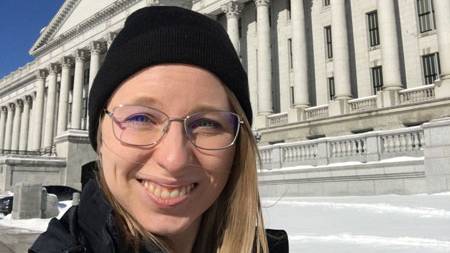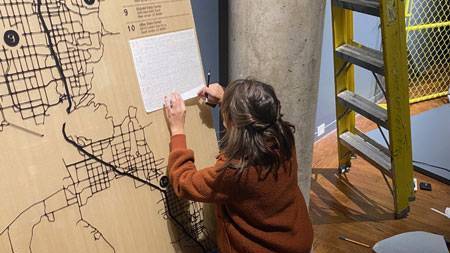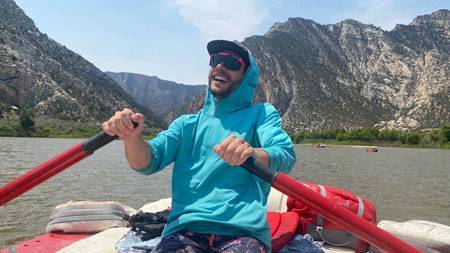
Anne Whitehouse is a recent graduate of the Environmental Humanities Graduate Program (December 2021). Last summer, Anne interned with Seven Canyons Trust, a local nonprofit dedicated to daylighting and restoring the impaired waterways of the Salt Lake Valley. Urban waterways was a theme of her thesis as well, which explored the relationships between women and urban waterways under colonial rule in Pak T’ae-won’s 1938 novel Scenes from Ch’ŏnggye Stream.


